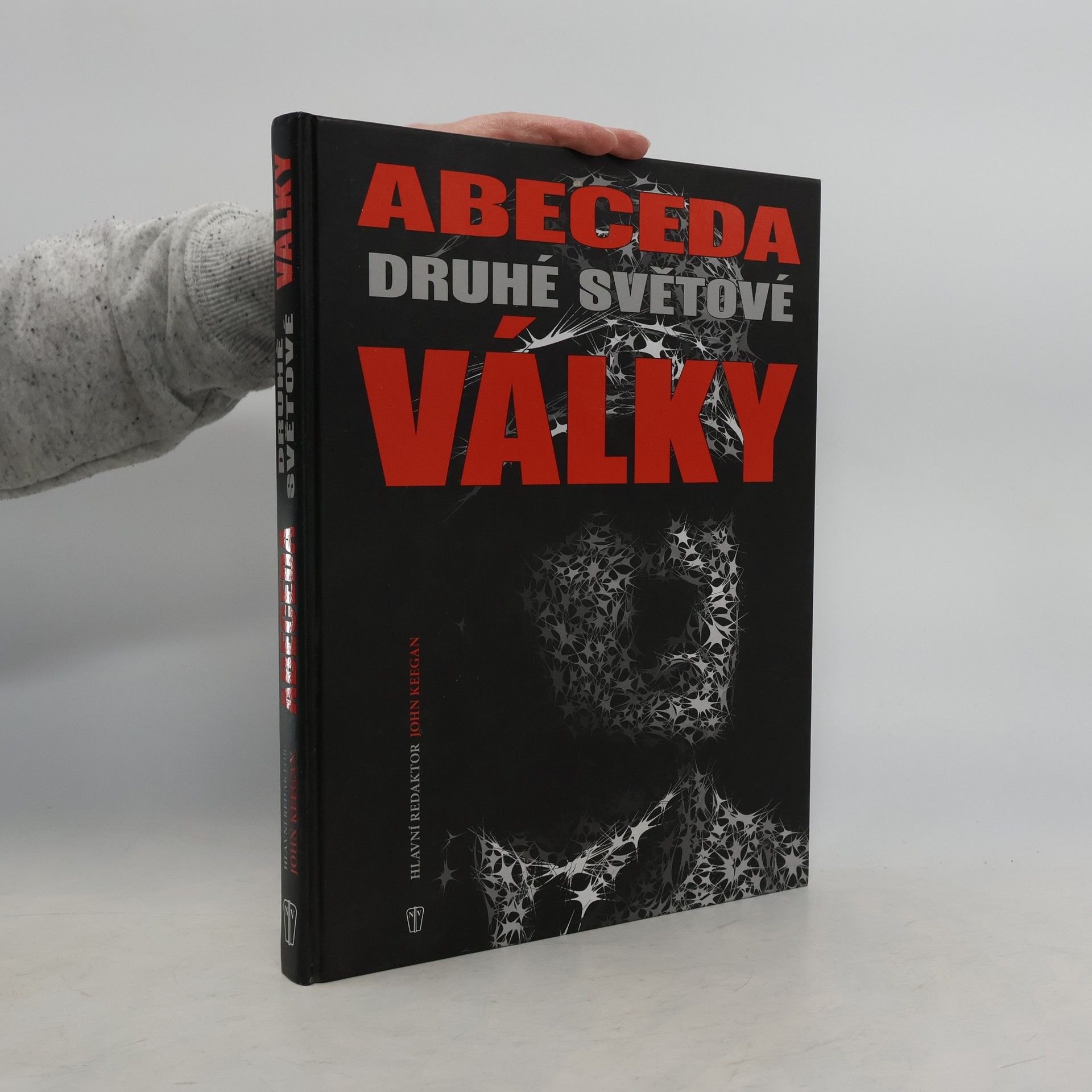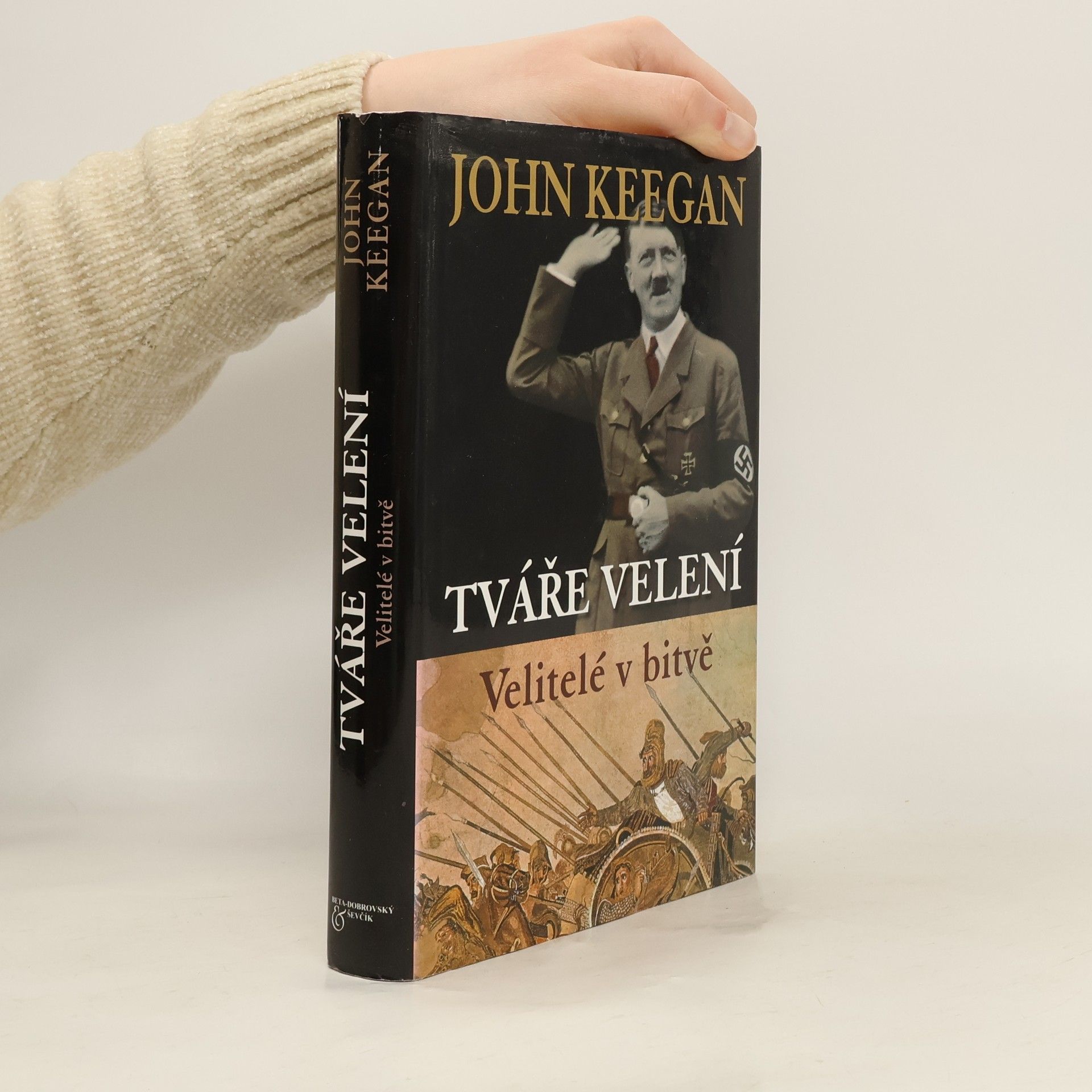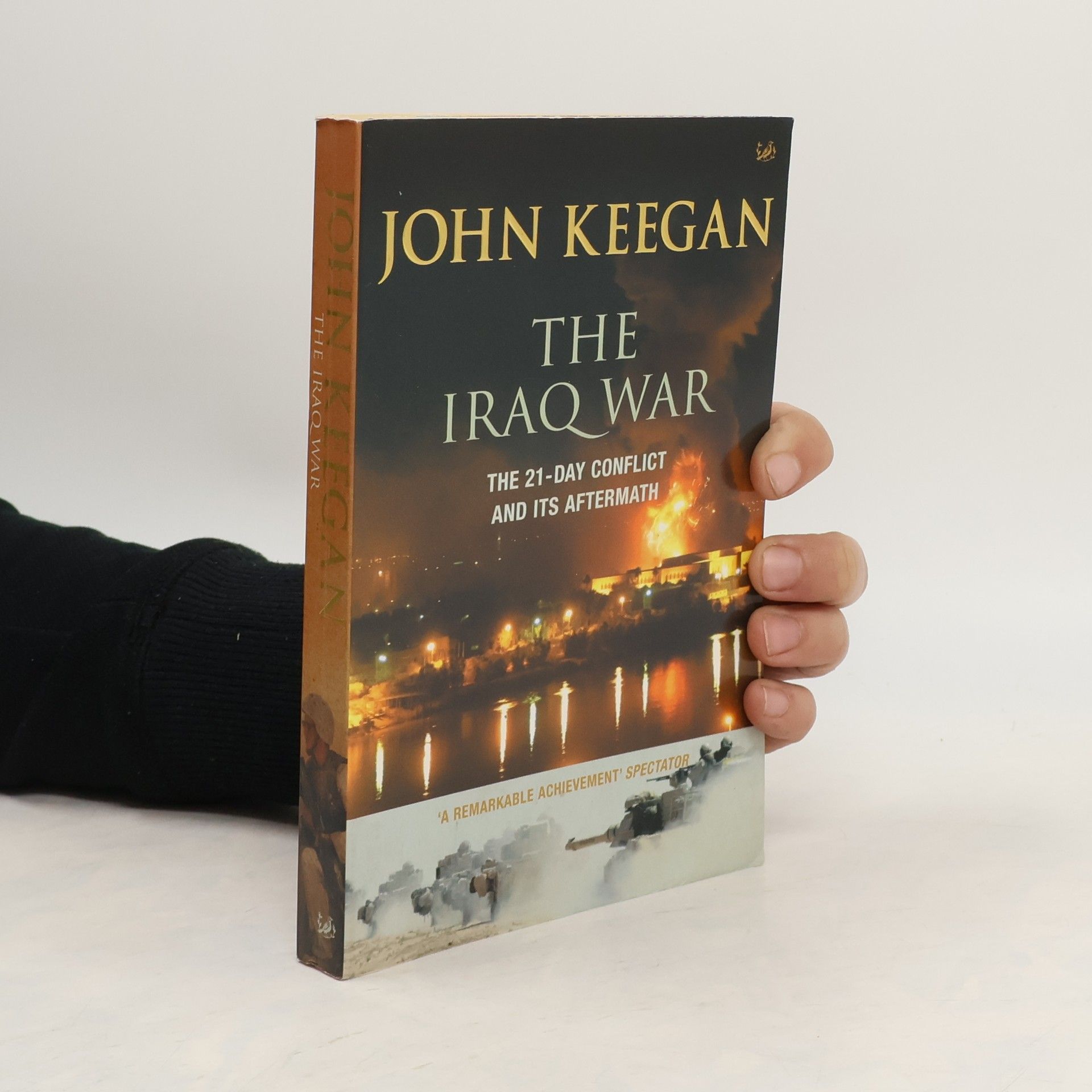Unikátní svědectví událostí let 1938-1945 očima samotného Adolfa Hitlera pocházejí ze dvou zdrojů. Jednak z osobního archívu Vůdce, který zajistila na Berghofu v dubnu 1945 III. americká armáda, jednak z písemných záznamů osobního Hitlerova fotografa Heinricha Hoffmanna. Tyto neobyčejné cenné prameny skončily poválce v USA a teprve v posledních letech byly zpracovány do podoby, se kterou se má možnost seznámit i český čtenář. Úhel pohledu hlavního režiséra událostí, které ovlivnily život celé planety, je samozřejmě zcela odlišný od oficiálních výkladů historiků vítězných mocností.
John Keegan Book order (chronological)
A British military historian, Keegan explored the nature of combat across centuries and various forms of warfare, from land to intelligence. His works delved into the psychology of battle, examining how conflict evolved and how individuals responded. Keegan offered profound insights into the history of warfare.

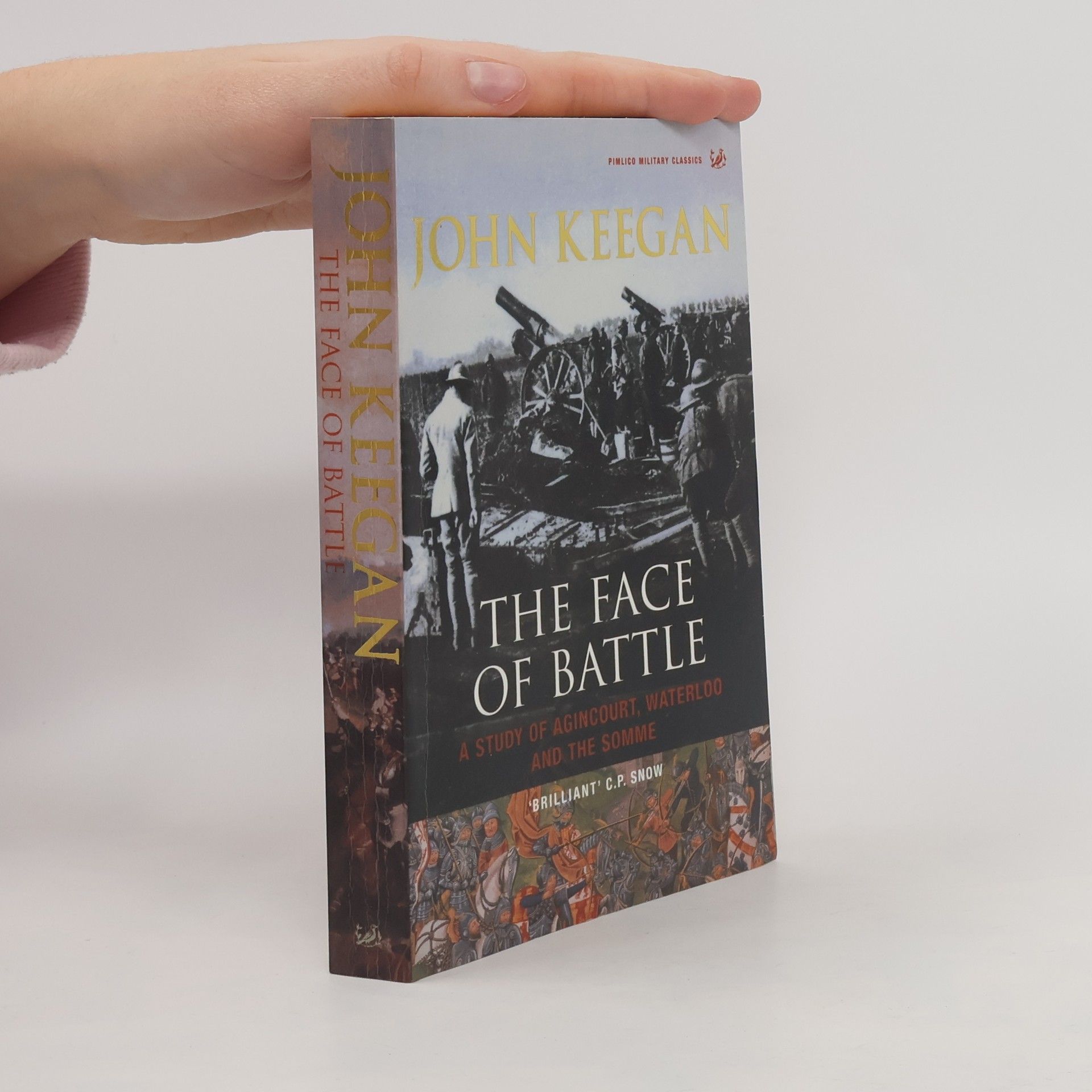
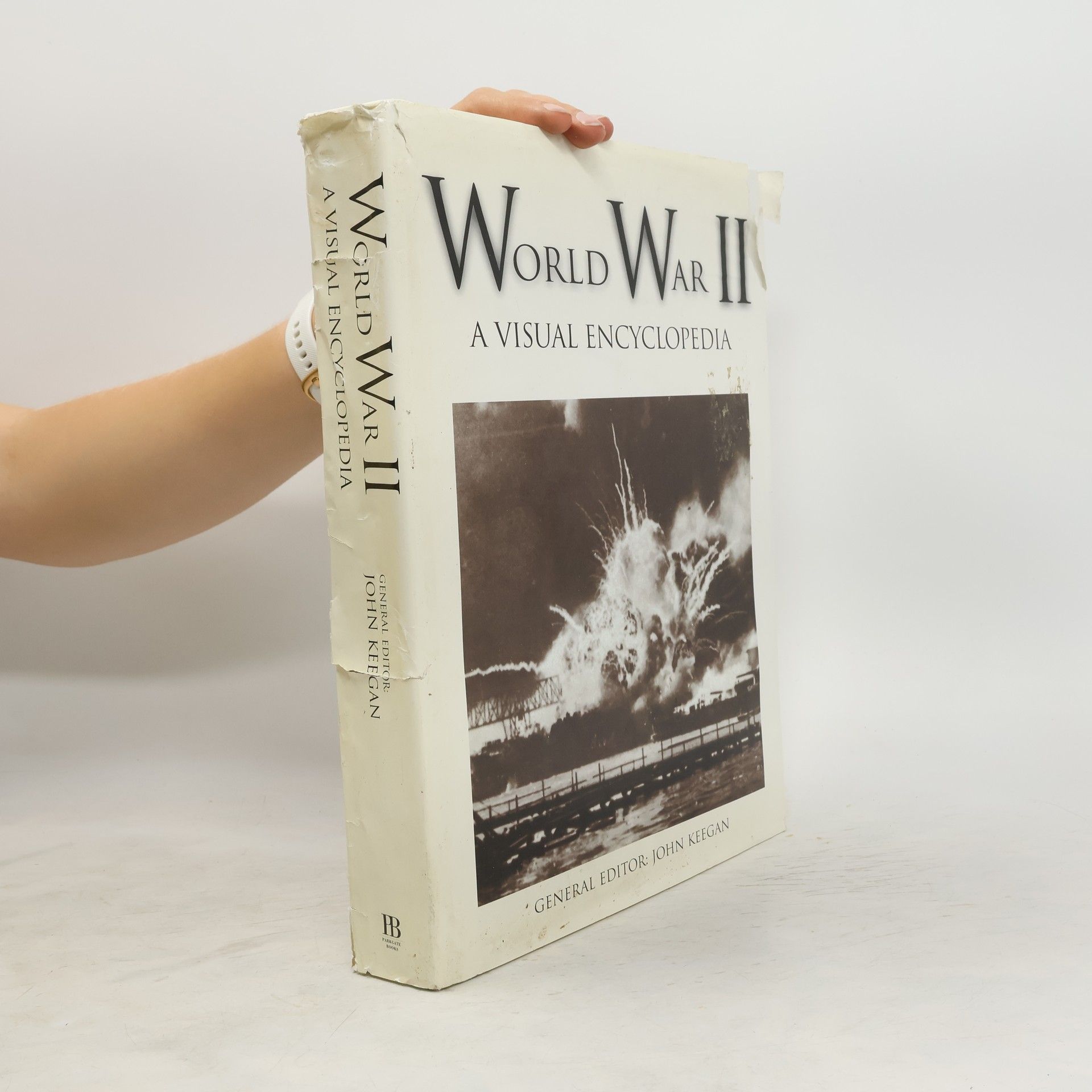
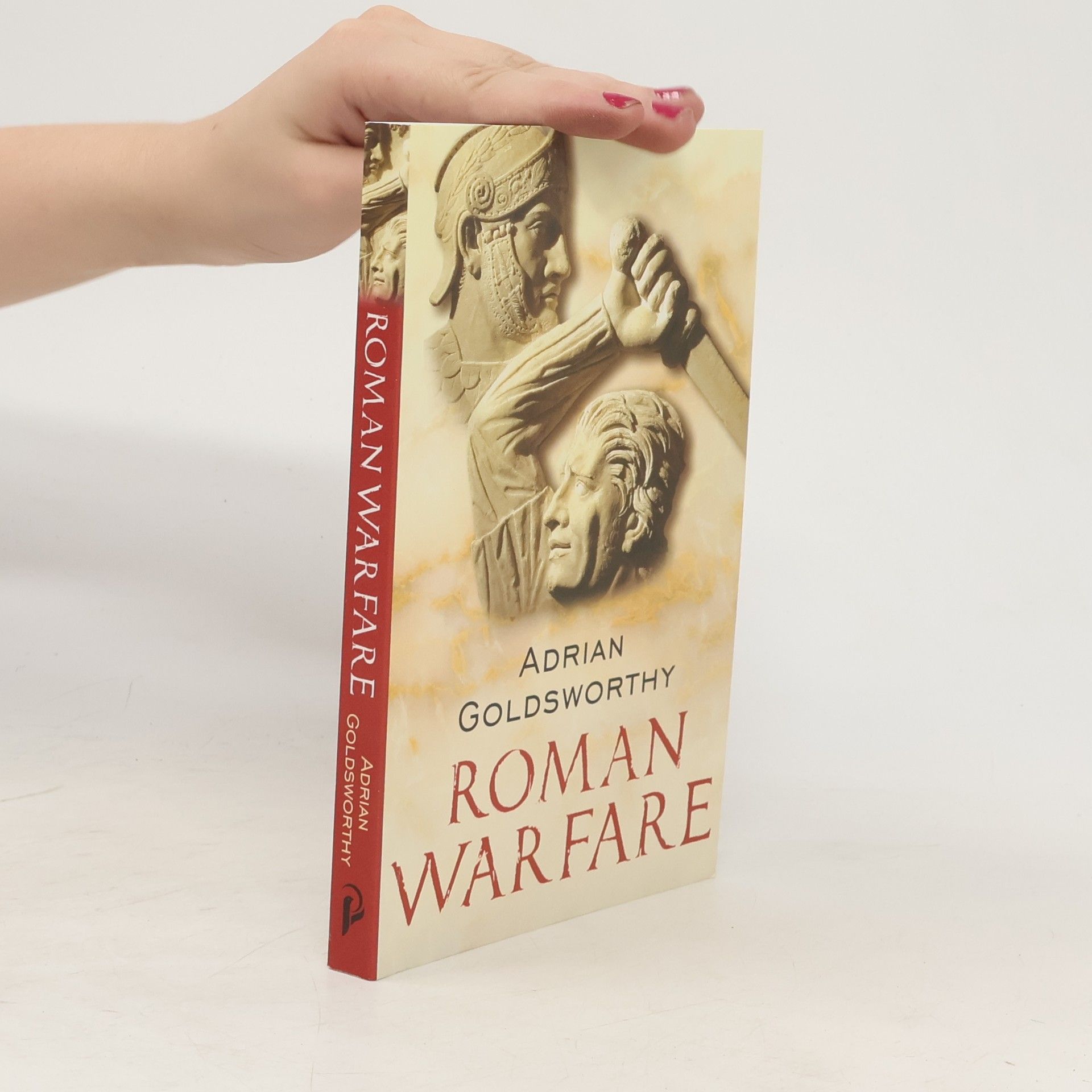
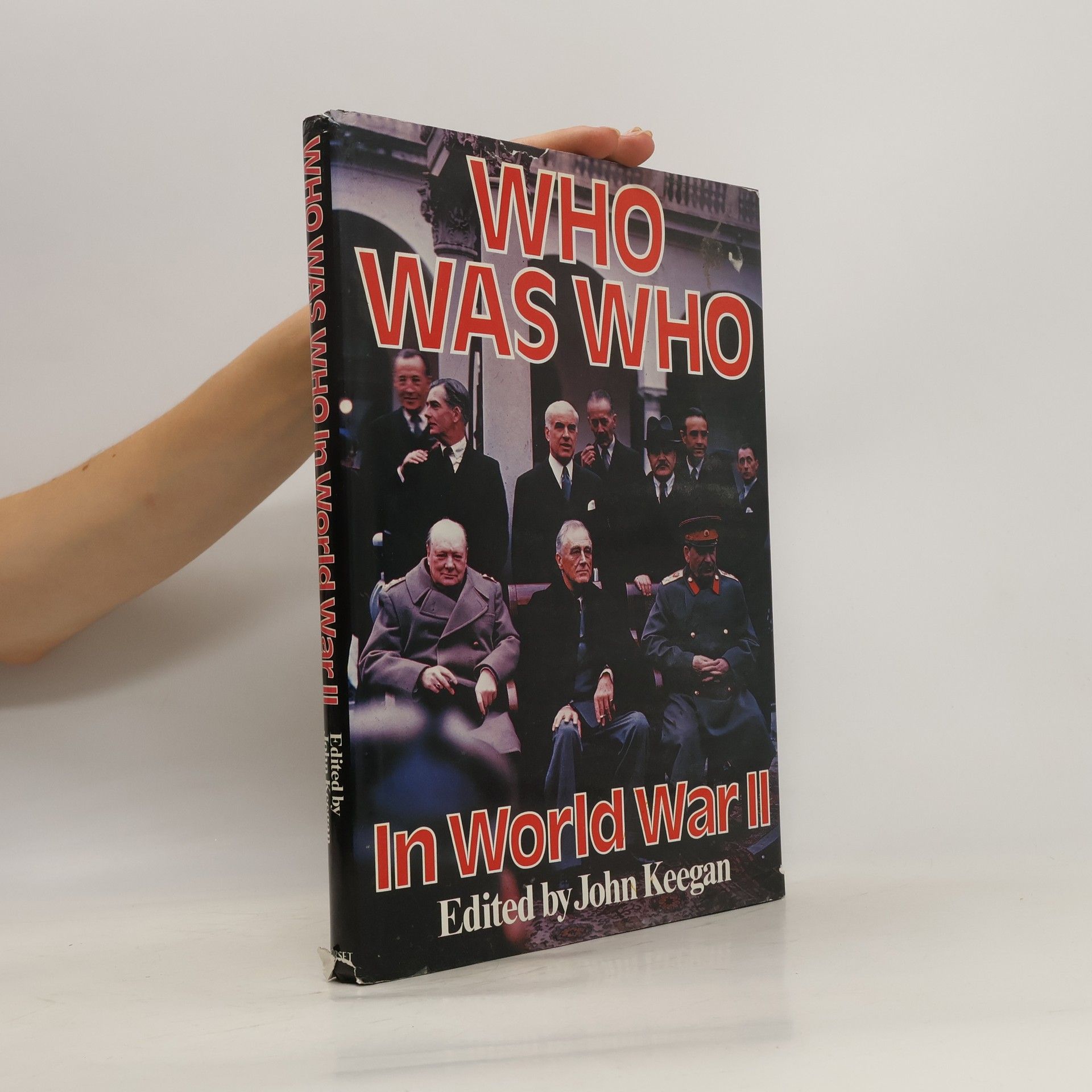
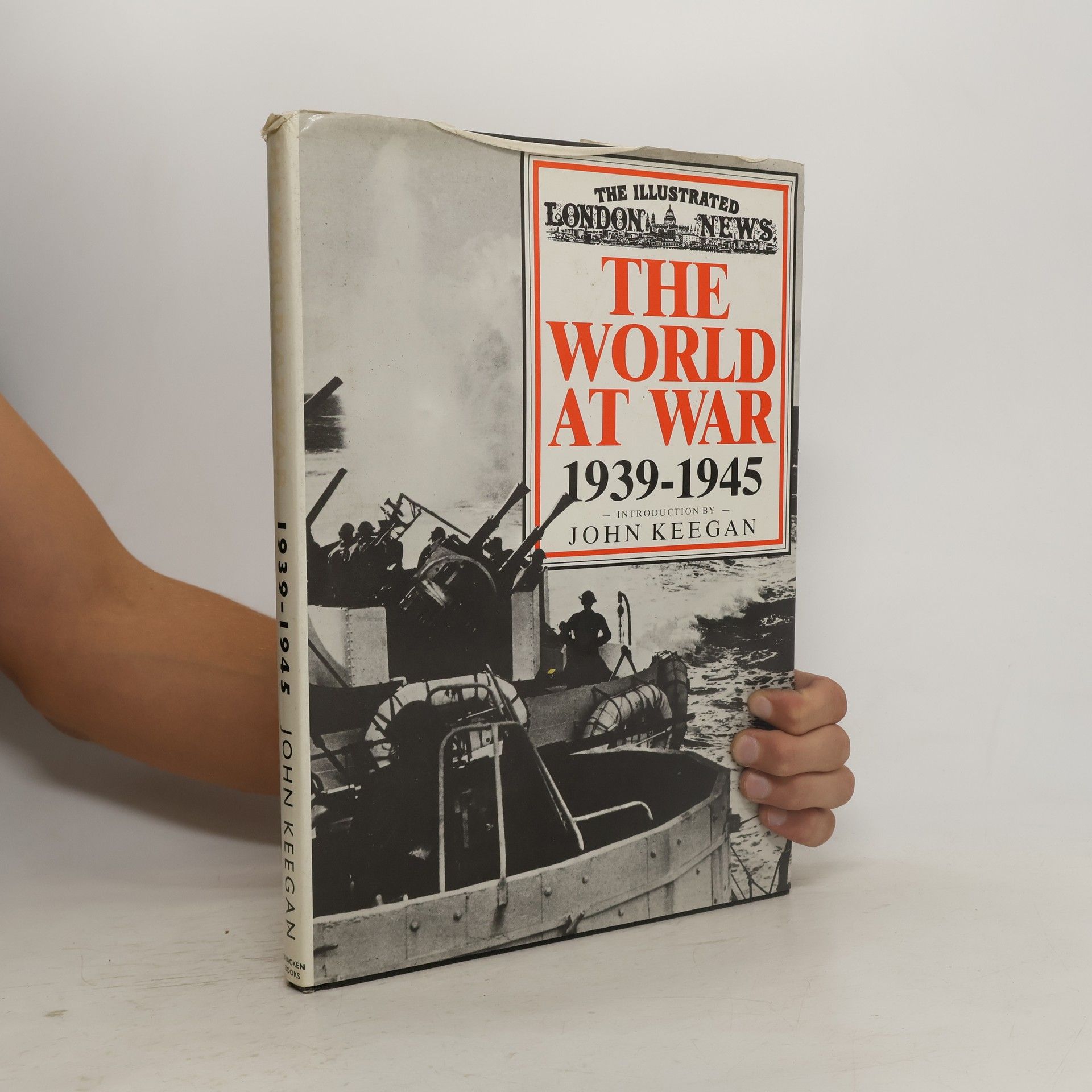
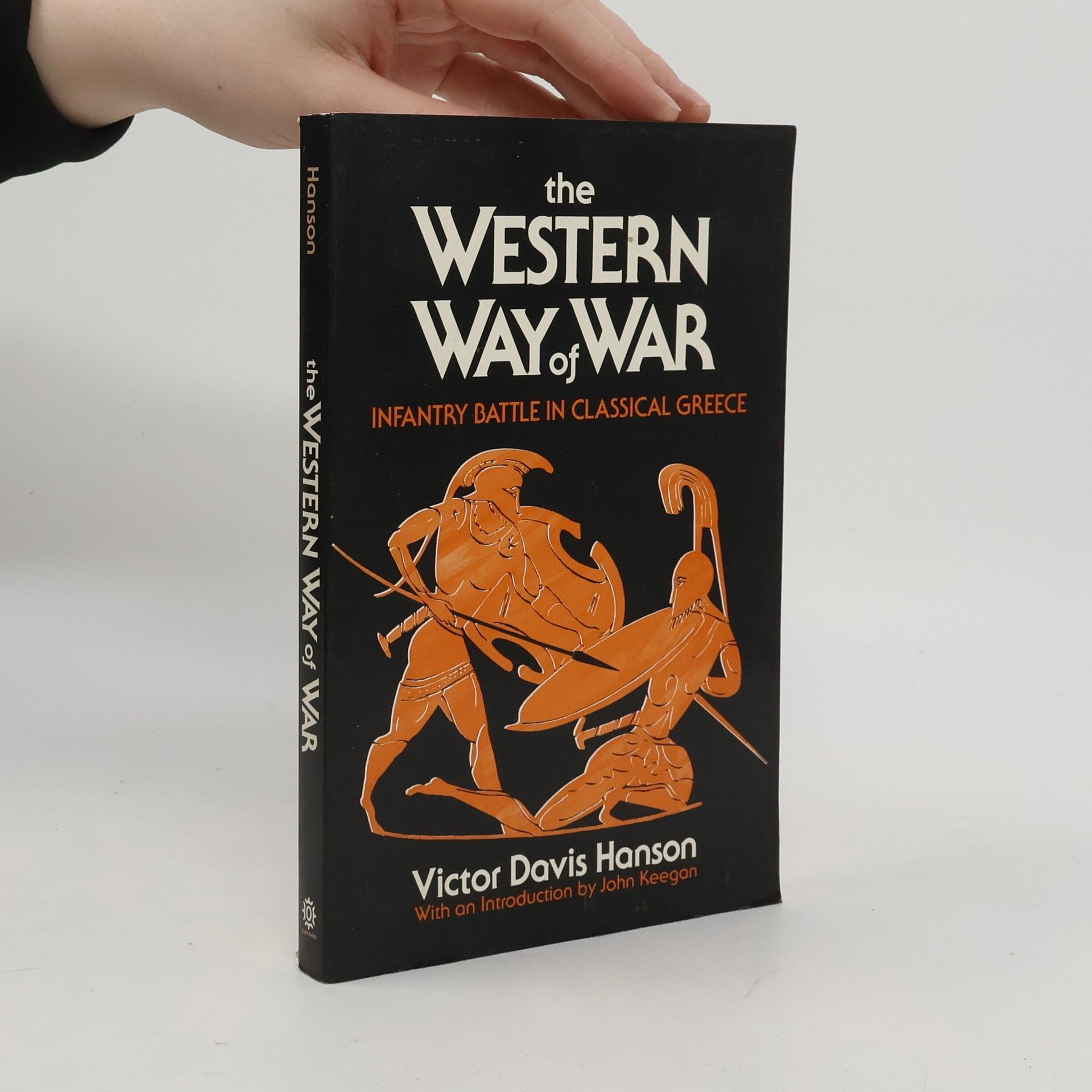
Abeceda druhé světové války
- 254 pages
- 9 hours of reading
Encyklopedie se zabývají především fakty a tahle Abeceda takovému pojetí odpovídá. Obsahuje podrobné popisy každé významné zbraně a zbraňového systému, používaných v průběhu války oběma bojujícími stranami: lodě a třídy lodí, letouny, tanky a obrněná vozidla, děla a ruční zbraně. Uvádí stovky stručných životopisů vojevůdců a významných osobností. Jsou v ní popsány přehledy hlavních tažení a bitev na všech frontách a vzájemné souvislosti jejich výsledků.
The American Civil War : a military history
- 396 pages
- 14 hours of reading
Analyzes many puzzling aspects of the Civil War, from its mismatched sides to the absence of decisive outcomes for dozens of skirmishes, and offers insight into the war's psychology, ideology, and economics while discussing the pivotal roles of leadership and geography
Winston Churchill
- 208 pages
- 8 hours of reading
One of the greatest historians writing today gives us a defining portrait of the incomparable Winston Churchill In his landmark biography of Winston Churchill, acclaimed historian John Keegan offers a very human portrait of one of the twentieth century's enduring symbols of heroic defiance. From Churchill's youth as a poor student to his leadership during World War II, Keegan reveals a man whose own idea of an English past—eloquently embodied in his speeches—allowed him to exhort a nation to unprecedented levels of sacrifice. The result is a uniquely discerning look at one of the most fascinating personalities in history. “The best military historian of our generation.” –Tom Clancy
Roman Warfare
- 240 pages
- 9 hours of reading
The Romans built perhaps the greatest empire of all time, forged with an unequalled skill in warfare. Accompany these unparalleled Roman troops from the conquest of Italy through to world conquest. Watch as defeated armies became allies and future soldiers of the Empire. Consider the irony of extreme brutality and repression leading to peace and prosperity. All the techniques and the organization of this amazingly advanced fighting force come into focus, from the emphasis on drills to its superior technology and bureaucracy.
Tváře velení. Velitelé v bitvě.
- 311 pages
- 11 hours of reading
Tváře velení je kniha o generálech. Kdo byli, co dělali a jaký měli vliv na svět, ve kterém žijeme. Většina studií o špičkovém velení je zaměřena na charakter nebo chování dotyčných osob. Ačkoliv tyto otázky nejsou v této knize nijak opomíjeny, hlavní důraz je kladen na samotné válečné umění těchto velitelů. Jejich činy nám pak přinášejí klíč k porozumění jednotlivých historických epoch. Prostřednictvím portrétů čtyř vojevůdců - Alexandra Velikého, Wellingtona, U.S. Granta a Hitlera. John Keegan předkládá názor na hrdinství ve válečnictví jako fenomén spojený s politickým imperativem dané epochy a místa. Dokazuje, jak se role vojevůdce mění s ethosem společnosti, jež ho vytvořila a dochází k závěru, že ve světě jaderných zbraní není pro heroismus místo.
Válka v Iráku
- 204 pages
- 8 hours of reading
Je to přesvědčivá publikace o zpravodajských a jiných informačních zdrojů na jejímž podkladě Bush a Blair došli k závěru, že musí jít do války proti Iráku.
The Iraq War
- 260 pages
- 10 hours of reading
The Iraq War remains highly controversial, but in all the uncertainty about weapons of mass destruction, the use and misuse of intelligence, it remains an awesome military and political event and a formidable exercise in American power aided by the British army. Throughout the war and beyond it, John Keegan's analysis proved more accurate than any other commentator's, and now he brings his unrivalled knowledge of military history to bear on the war, its conduct and consequences. Written with special access to new sources of information, this book is the most authoritative and challenging account of a war which could both set the pattern for military conflicts in the 21st century and significantly affect the world political order.
Zpravodajské služby ve válce. Pátrání po nepříteli od Napoleona k Al-Kajdě
- 348 pages
- 13 hours of reading
Pátrání po nepříteli od Napoleona k Al-Kajdě Žádná válka současnosti nemůže být vedena úspěšně bez dobré a pohotové zpravodajské služby. Už vojevůdci dávných časů potřebovali informace o nepříteli, o jeho síle a slabostech, o jeho dispozicích a úmyslech. Ale jaký skutečný význam mají tyto informace v praxi - uprostřed bitevního pole? Jeden z nejznámějších britských vojenských historiků se ve své knize zaměřil na sílu a cenu špionáže v průběhu velkých konfliktů v novodobých lidských dějinách. Od napoleonských bitev až po sofistikované elektronické války a boj proti terorismu současnosti. Keegan odkrývá zákulisí této činnosti a umožňuje pochopit význam a výsledek mnoha bojových operací.
The Mask of Command
- 384 pages
- 14 hours of reading
The Mask of Command is about generals: who they are, what they do and how they affect the world we live in. Grant and the false heroic of Hitler - John Keegan propounds the view of heroism in warfare as inextricable linked with the political imperative of the age and place.

